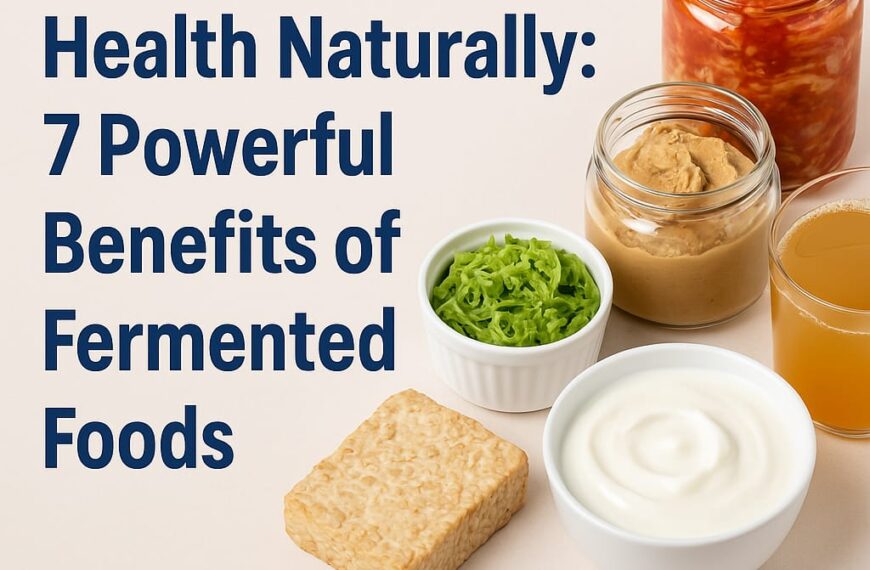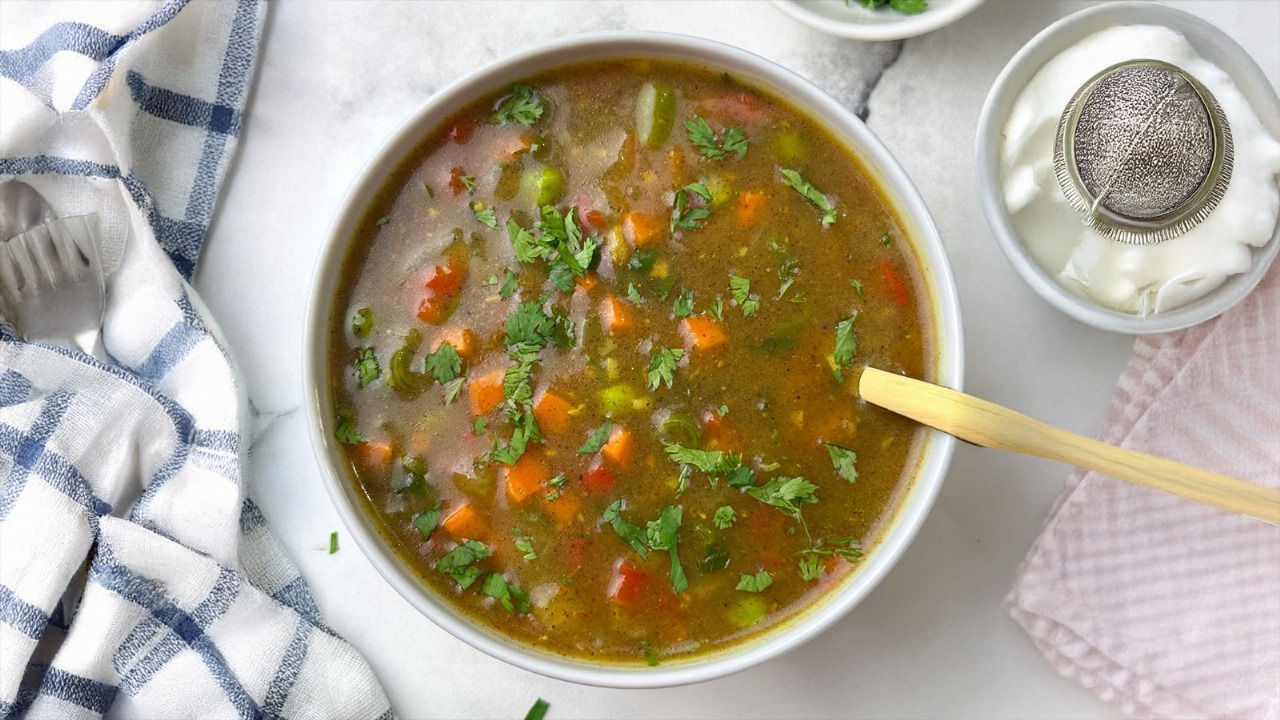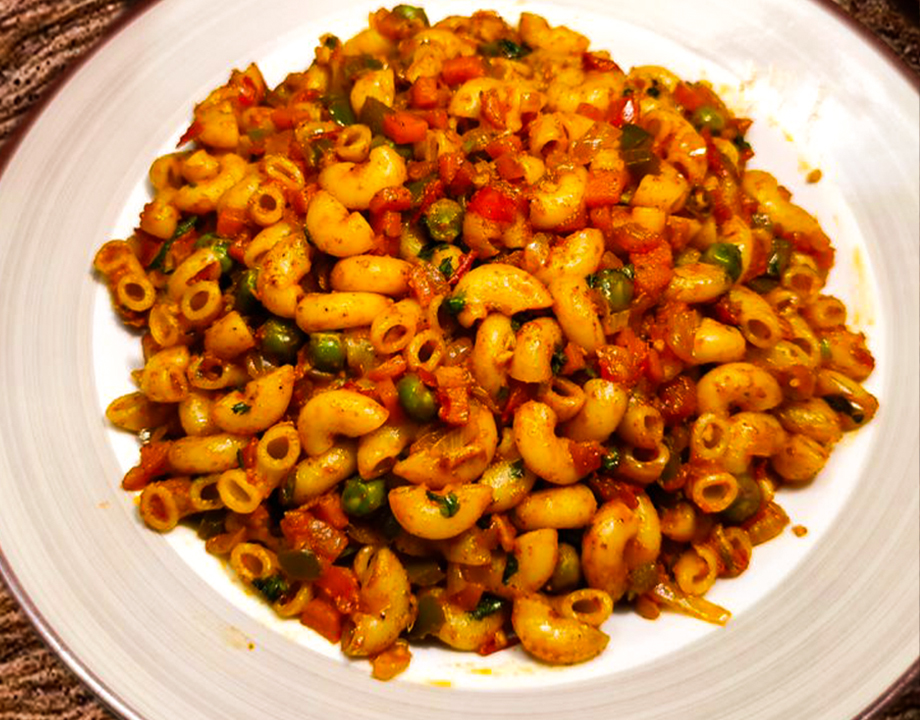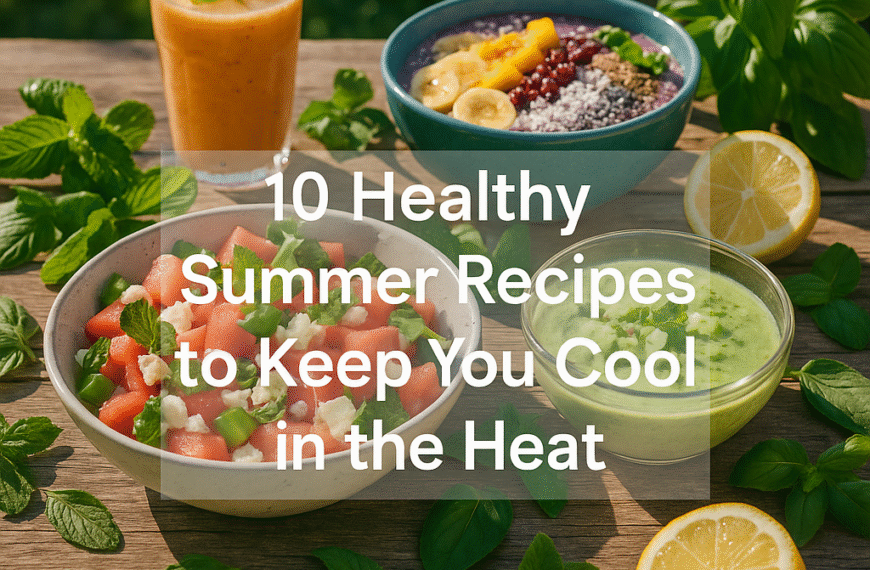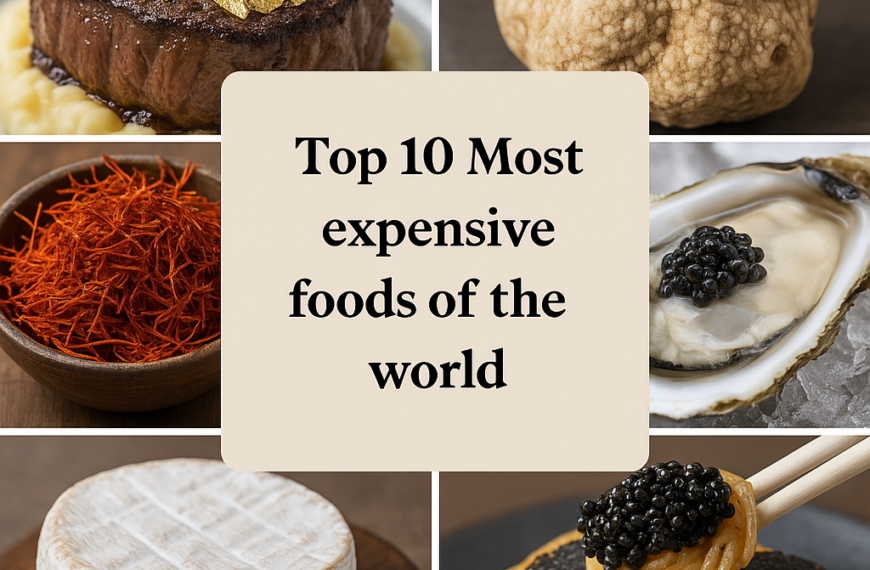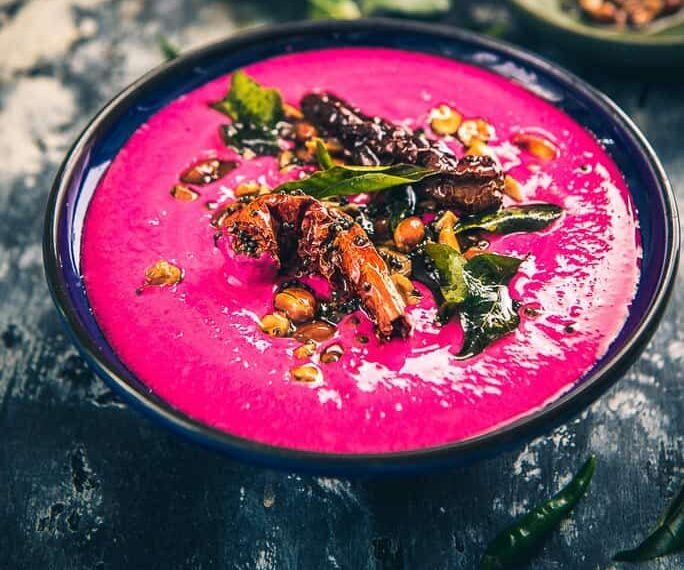Introduction

Teenage years are a rollercoaster — academy, musketeers, pursuits, and perhaps a part-time job. With so much going on, it’s easy to grab whatever food is quick and delicious. But let’s be real, top 10 must-have foods for teenagers are about fueling your body and brain to help you feel stylish every day, not just staying in shape.
This companion is then to help you figure out what foods you should eat further off, what to cut down on, and how to make smart food choices without feeling like you’re on a strict diet.
Why Early Teenagers Tend to Be Healthier
Early teenagers( between 12- 15 times old) frequently appear healthier and more energetic compared to latterly teenage times. This is because their metabolism is at its peak, recycling food efficiently and converting it into energy fleetly. At this stage, growth hormones are largely active, leading to briskly muscle and bone development. Also, youngish teens tend to be more physically active, engaging in sports and out-of-door conditioning, which keeps their bodies in better shape.
Another factor is that early teens frequently have smaller life- related stressors like academic pressure, part- time jobs, or social scores, which can negatively impact health in later times. Still, as teens grow older, habits similar to poor sleep, unhealthy eating, and increased screen time can lead to weight gain, reduced stamina, and other health issues. This makes it indeed more important to establish healthy eating habits beforehand, icing that the body remains strong and well- nourished throughout the teenage years.
Boosting Height Growth in Teenagers Nutrition and Lifestyle Tips
Height is one of the top enterprises for numerous teenagers, and while genetics play a major part, proper nutrition, sleep, and exercise can significantly impact growth. The teenage years are the high time for height development, as the body goes through rapid-fire changes and the growth plates are still active. To maximize your height eventuality, concentrate on these crucial factors
Essential Nutrients for Height Growth
1. Protein – Helps in muscle and towel development, icing proper growth.
-Stylish sources Lentils, chickpeas, sap, dairy, tofu, quinoa, and soy products.
2. Calcium & Vitamin D – pivotal for strong bones and healthy growth.
-Stylish sources: Milk, yogurt, rubbish, ragi, almonds, sesame seeds, and fortified factory- ground milk.
– Sun exposure is the stylish natural source of Vitamin D.
3. Zinc – Plays a vital part in cell growth and height increase.
-Stylish sources: Nuts( cashews, almonds), seeds( pumpkin, flaxseeds), whole grains, and legumes.
4. Magnesium – Helps in bone conformation and relaxation of muscles.
-Stylish sources Dark chocolate, spinach, bananas, and whole grains.
5. Iron – Ensures proper oxygen flow to muscles, perfecting growth and energy.
-Stylish sources Spinach, beets, lentils, jaggery, and dry fruits.
6. Healthy Fats( Omega- 3 & Omega- 6) – Supports bone and common health.
–Stylish sources: Flaxseeds, walnuts, avocados, and coconut.
Foods and Habits That Can Stunt Growth
– Redundant Sugar – High sugar input can lead to insulin surges and slow bone growth.
Junk and processed Foods: Fast food, chips, and carbonated drinks provide empty calories and may hamper nutrient immersion.
– Too important Caffeine – redundant coffee or energy drinks can intrude with sleep, reducing the body’s natural growth hormone product.
– Skipping reflections – Missing out on essential nutrients can decelerate down the growth process.
Lifestyle Tips for Maximum Height Growth
– Get Enough Sleep – Growth hormone is released during deep sleep, so aim for 8- 10 hours of sleep each night.
– Stay Active – Engage in exercises like swimming, stretching, jumping rope, cycling, and yoga to promote bone and muscle growth.
– Maintain Good Posture – Limping can make you appear shorter. Keep your reverse straight while sitting and standing.
– Stay Doused – Drinking enough water supports digestion and helps in proper nutrient immersion.
While height growth is primarily inheritable, fastening on the right diet, sleep, and physical conditioning can help teenagers reach their maximum implicit height. Start beforehand, be harmonious, and nourish your body well for the stylish results!
Why Good Nutrition Matters for Teens
Teenagers go through a lot of changes—physically, mentally, and emotionally. The body is still developing, and the right nutrition can:
- Boost energy levels
- Improve focus and concentration in school
- Strengthen muscles and bones
- Keep skin clear and glowing
- Support a better mood and reduce stress
- Improve sleep quality and reduce fatigue
- Enhance athletic performance for active teens
- Strengthen the immune system, reducing the chances of illness
So, let’s talk about what you should be eating!
You May Also Like: Vegan Buddha Bowl – A Colorful Symphony of Health and Flavor
Top 10 Must-Have Foods for Teenagers
Protein-Packed Foods: The Growth Energy
Your body is in a continuous state of growth and repair, and proteins play a crucial role in building muscles, tissues, and enzymes. Consuming a sufficient amount of protein ensures that you maintain energy levels, develop strong muscles, and support your immune system. Include these power-packed protein sources in your diet:
- Lentils, chickpeas, and beans – Rich in plant-based protein and fiber, they help in muscle repair and digestion.
- Tofu and paneer – Excellent vegetarian sources of protein and calcium, promoting bone health.
- Eggs (if you eat them) – Contain all essential amino acids, making them a complete protein source for muscle building.
- Nuts and seeds (almonds, walnuts, flaxseeds) – Packed with protein, healthy fats, and antioxidants to support brain function and skin health.
- Dairy products like yogurt and milk – Provide protein and calcium for bone strength and muscle function.
- Lean plant-based protein sources like quinoa and soybeans – A great alternative for those following a vegetarian or vegan lifestyle.
- Protein-rich snacks like hummus with veggies or peanut butter with apple slices – Help sustain energy levels throughout the day.
- Lean meats like chicken or fish (for non-vegetarians) – A rich source of high-quality protein and omega-3 fatty acids for brain and heart health.
Whole Grains: Energy That Lasts
Whole grains are essential for providing sustained energy, fiber, and essential nutrients like B vitamins, which support metabolism and overall well-being. Unlike refined carbs, whole grains digest slowly, keeping you full longer and stabilizing blood sugar levels. Here are some excellent whole-grain options:
- Brown rice – A nutrient-dense alternative to white rice, packed with fiber and essential minerals.
- Oats – A powerhouse of soluble fiber that supports digestion and heart health.
- Whole wheat bread and pasta – A better choice than refined white flour options, keeping energy levels stable.
- Quinoa – A complete protein source with all nine essential amino acids, ideal for vegetarians.
- Barley, millet, and buckwheat – Great for digestive health and an excellent source of plant-based protein.
- Sprouted grain bread – Easier to digest and rich in nutrients, offering better absorption of vitamins and minerals.
Fruits: Nature’s Sweet Snack
Fruits are loaded with essential vitamins, minerals, and antioxidants that help boost immunity, improve skin health, and provide natural energy. They are the perfect alternative to processed sugary snacks, offering hydration and fiber. Include a variety of colorful fruits in your diet:
- Bananas – A quick source of energy, rich in potassium for muscle function.
- Apples – High in fiber and water content, keeping you full and hydrated.
- Berries – Packed with antioxidants to support brain health and fight inflammation.
- Oranges – An excellent source of Vitamin C for a strong immune system.
- Watermelon and grapes – Help keep the body hydrated while providing natural sugars for energy.
- Papaya and pineapple – Promote digestion with their natural enzymes.
- Mangoes – Loaded with Vitamin A, supporting eye health and immunity.
Vegetables: The Real Superfoods
Vegetables are an essential part of a balanced diet, packed with fiber, vitamins, and minerals to support various bodily functions. They help prevent diseases, improve digestion, and maintain overall health. Here are some must-have vegetables:
- Spinach and kale – Rich in iron, essential for red blood cell production and preventing fatigue.
- Carrots – High in beta-carotene, promoting better eyesight and skin health.
- Bell peppers – A fantastic source of Vitamin C to strengthen immunity.
- Sweet potatoes – Provide long-lasting energy and support healthy skin.
- Broccoli – High in Vitamin K and calcium for strong bones.
- Cauliflower and cabbage – Help detoxify the body and promote gut health.
- Tomatoes – Contain lycopene, an antioxidant that protects against heart disease and sun damage.
- Mushrooms – One of the few plant-based sources of Vitamin D, crucial for bone health.
Dairy and Dairy Alternatives: Strong Bones Matter
Calcium is vital for teenagers as their bones are still growing. Dairy products and their alternatives provide the necessary nutrients for strong bones and overall health. Some great options include:
- Milk or fortified plant-based milk (almond, soy, oat) – Essential for bone strength and muscle function.
- Yogurt – Supports gut health with probiotics while providing protein and calcium.
- Cheese – Provides calcium but should be consumed in moderation to avoid excess fat intake.
- Cottage cheese and Greek yogurt – High in protein, aiding muscle repair and digestive health.
- Chia seeds, sesame seeds, and almonds – Great plant-based sources of calcium.
- Ragi (finger millet) – A highly nutritious grain rich in calcium, making it perfect for lactose-intolerant individuals.
Healthy Fats: Not All Fats Are Bad!
Fats are essential for brain function, hormone production, and overall well-being. However, it’s important to choose the right types of fats. Include these healthy fats in your diet:
- Avocados – Packed with heart-healthy monounsaturated fats and fiber.
- Nuts (almonds, cashews, peanuts) – Provide essential fatty acids and protein.
- Olive oil – A staple in the Mediterranean diet known for its heart-protective benefits.
- Dark chocolate – Rich in antioxidants and a great mood booster when consumed in moderation.
- Flaxseeds and chia seeds – High in omega-3 fatty acids, supporting brain and heart health.
- Coconut – Offers quick energy and aids digestion.
- Nut butter (almond butter, peanut butter) – A delicious and nutritious spread for snacks and meals.
Hydration: Water Is Your Stylish Friend
Many teens do not drink enough water, leading to fatigue, headaches, and dry skin. Staying hydrated is crucial for overall health and energy levels. Here are some refreshing ways to stay hydrated:
- Plain water – Essential for every bodily function.
- Coconut water – A natural electrolyte drink that keeps you hydrated.
- Herbal teas – A great alternative to sugary beverages.
- Homemade fruit-infused water – Adds natural flavor without artificial sweeteners.
- Fresh vegetable juices – Provide hydration and essential nutrients.
- Soups and broths – Keep you warm and replenished with essential minerals.
Iron-Rich Foods: Say Goodbye to Fatigue
Iron is vital for preventing anemia and maintaining energy levels. A diet rich in iron improves blood circulation and oxygen transport. Include:
- Leafy greens (spinach, fenugreek, mustard leaves) – Loaded with iron and vitamin C for better absorption.
- Lentils and beans – Provide plant-based iron and protein.
- Dry fruits like raisins and dates – A great snack to boost iron levels.
- Sesame seeds – Rich in iron and calcium for bone health.
- Beets and pomegranate – Improve blood circulation and stamina.
- Jaggery – A natural sweetener packed with iron.
Fiber-Filled Foods: Keep Digestion Happy
A high-fiber diet prevents digestive issues and supports gut health. Some fiber-rich foods include:
- Whole grains, fruits, and vegetables – Improve digestion and prevent constipation.
- Chia seeds and flaxseeds – Promote healthy gut bacteria.
- Legumes – A great source of both protein and fiber.
- Psyllium husk – Aids digestion and prevents bloating.
- Yogurt and fermented foods – Provide probiotics for a healthy gut.
Smart Snacks: Avoid Junk Food Traps
When craving a snack, opt for healthier choices:
- Roasted makhana (fox nuts) – A crunchy, low-calorie snack.
- Peanut butter and banana on whole wheat bread – A protein-packed energy booster.
- Hummus with carrot and cucumber sticks – Nutritious and satisfying.
- Dark chocolate with nuts – A delicious, antioxidant-rich treat.
- Fresh fruit smoothies – A refreshing and nutrient-dense option.
Nutrient Recommendations for Teens
Teenagers need a balanced intake of essential nutrients to support their rapid growth and development. Here are some key nutrients and their recommended daily intake:
- Protein: 46g per day for girls, 52g per day for boys – needed for muscle development and repair.
- Calcium: 1,300mg per day – crucial for strong bones and teeth.
- Iron: 15mg per day for girls, 11 mg per day for boys – prevents anemia and boosts energy.
- Vitamin D: 600 IU per day – helps with calcium absorption and bone health.
- Fiber: 25g per day for girls, 31g per day for boys – supports digestion and heart health.
- Omega-3 Fatty Acids: 1.1g per day for girls, 1.6g per day for boys – essential for brain health.
- Folate (Vitamin B9): 400 mcg per day – necessary for DNA production and cell growth.
- Zinc: 9 mg per day for girls, 11 mg per day for boys – supports immune function and wound healing.
- Magnesium: 360 mg per day for girls, 410 mg per day for boys – vital for muscle and nerve function.
Eating a variety of whole foods ensures you get enough of these essential nutrients.
Here’s the information converted into a table format:
Nutritional Needs for Teenage Boys and Girls
For Teenage Boys
As boys enter their teenage years, their bodies go through rapid growth, requiring more fuel to support these changes. Here are key nutrients they should focus on:
| Nutrient | Purpose | Best Sources |
| Protein | Supports muscle growth and development | Lean meats, tofu, beans, dairy |
| Zinc | Helps with testosterone production and immune function | Pumpkin seeds, cashews, chickpeas |
| Healthy Carbohydrates | Provides energy for daily activities | Quinoa, oats, whole wheat bread |
| Calcium & Vitamin D | Essential for strong bones | Milk, fortified plant-based alternatives, almonds, sesame seeds |
| B Vitamins | Aids in metabolism and energy levels | Whole grains, eggs, bananas, nuts |
For Teenage Girls
Girls experience hormonal shifts that require specific nutrients to maintain overall health and balance. Here’s what they should focus on:
| Nutrient | Purpose | Best Sources |
| Iron | Helps prevent anemia due to menstruation | Leafy greens, lentils, jaggery, nuts |
| Calcium & Vitamin D | Maintains bone density and strength | Yogurt, ragi, almonds, fortified dairy alternatives |
| Healthy Fats | Supports hormone balance and brain function | Avocados, flaxseeds, walnuts |
| Magnesium | Reduces menstrual cramps and supports relaxation | Dark chocolate, pumpkin seeds, spinach |
| Folate | Essential for overall cell growth and development | Citrus fruits, beans, whole grains |
What to Avoid( or Eat in Temperance)

Some foods taste great but don’t do much for your body. Limit these
– Fast Food Burgers, feasts, pizzas) : These are high in unhealthy fats and can lead to weight gain and acne.
– Sticky Snacks and Drinks: Too much sugar causes energy crashes, weight gain, and bad skin.
– Largely Reused Foods ( Instant polls, chips) : These warrant nutrients and have lots of artificial preservatives.
– Too much Caffeine: Energy drinks, too much coffee — these can mess with your sleep and stress situations.
Simple Tips to Eat Healthier as a Teen
– Plan Ahead : If you’re always rushing in the morning, fix your breakfast the night ahead.
– Healthy barters : Choose whole wheat over white chuck , honey over sugar, and manual food over takeout.
– Balance Your reflections : Don’t just eat carbs — add protein, healthy fats, and fiber to each mess.
– Be aware Eating : Don’t eat while watching television or scrolling your phone. Enjoy your food!
– Hear to Your Body : Eat when you’re empty, and stop when you’re full.
Final studies – Feed Your Teenage Years Well
Eating as a teenager isn’t about giving up your favourite foods—it’s about finding balance that fuels your body and mind. It’s totally okay to have pizza, chocolate or fast food occasionally but what matters most is that your daily diet is packed with nutrients. Your body is growing, your brain is developing and your energy levels need to be constantly topped up. The right food choices can make a big difference to your overall health, focus and emotional wellbeing.
Think of your body as a high performance machine—just like a car needs the right fuel to run smoothly, your body needs the right balance of proteins, healthy fats, carbs, vitamins and minerals to run at its best. Nutrient dense foods not only help you stay energetic and active but also improve concentration, support strong bones and muscles and boost your immune system. What you eat today will impact your health in years to come so it’s important to develop good habits early on.
Instead of seeing healthy eating as a restriction, see it as a way to empower yourself. Swap processed foods for whole nutrient dense foods, drink enough water and listen to your body’s needs. A balanced diet will help you perform better in school, sports and daily activities and boost your mood and confidence.
So feed your body with care, live balanced and remember—what you put into your body today is the strength, vitality and wellbeing of your future self. Make smart choices, enjoy your food and be healthy!

